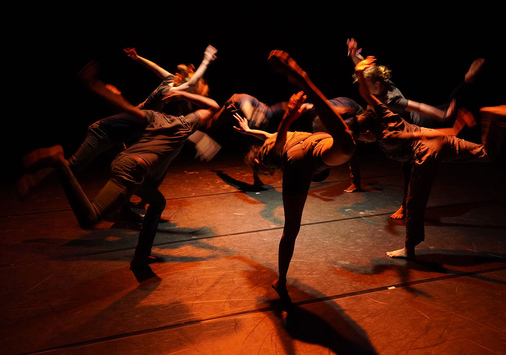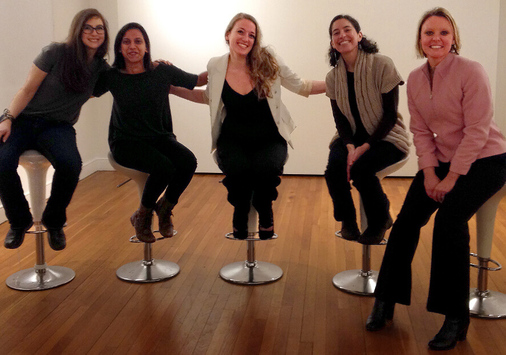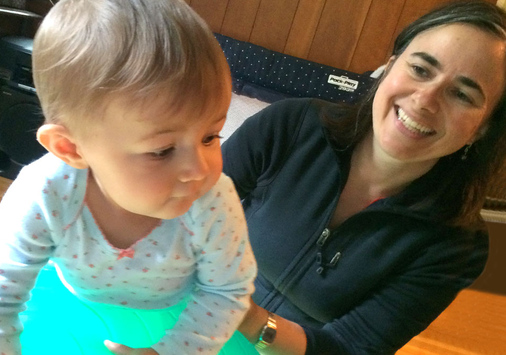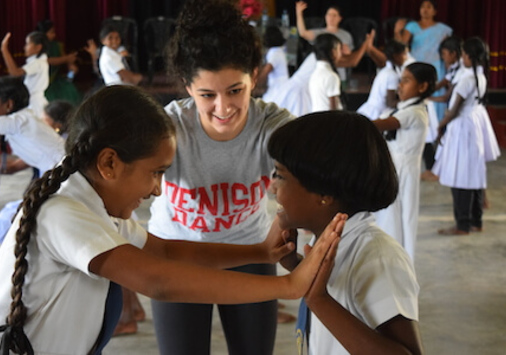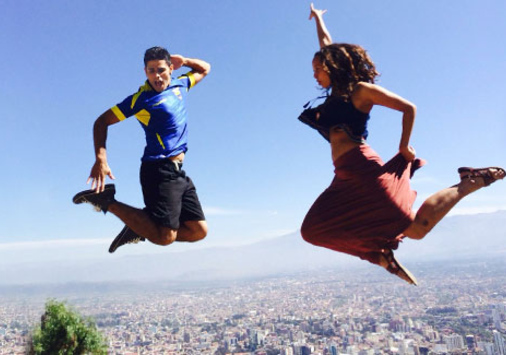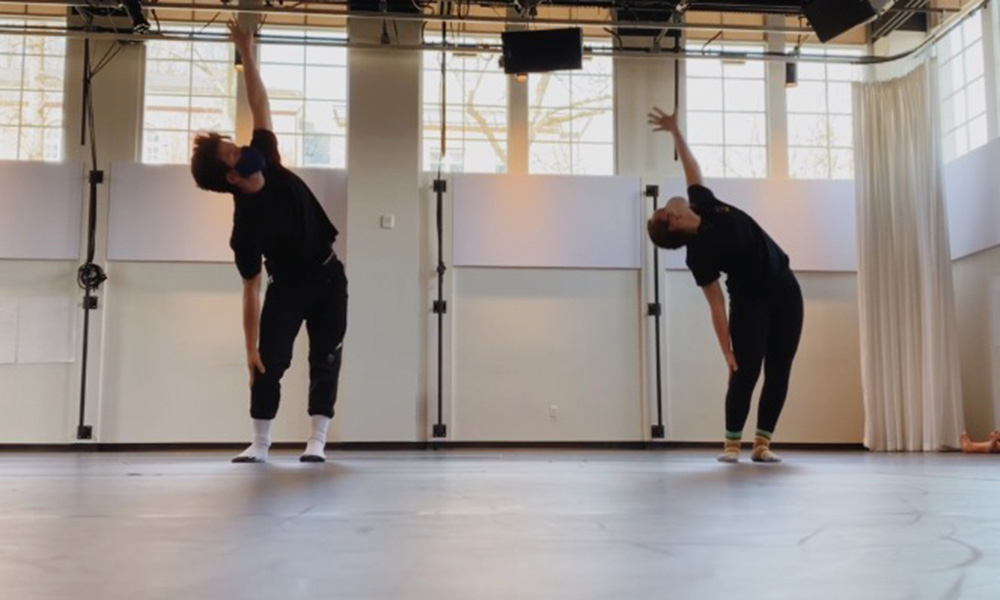
Over the past months, the 2021 Summer Scholars have been finishing up their presentations and final exhibitions. One such duo, Fiona Shepherd ‘23 and Sebastian Goodman ‘23, completed their 10-week summer research project with a dance workshop. The two are both majoring in dance and were fellows for the department this past year. After two trial workshops during their research in July, this final session, “Harmonizing Dichotomies,” was held on Saturday, Oct. 9, and encouraged participants to relax and connect with their bodies, as well as promote a healthy, body-positive approach to movement.
A Q&A with Sebastian Goodman and Fiona Shepherd—Goodman and Shepherd are both dance majors, with Shepherd also majoring in English.
Anna Jones: How did you two end up working together? Did you know each other before becoming Summer Scholars?
Sebastian Goodman: We have been dancing together since freshman year and doing performances and pieces and such, and even though we both come from different backgrounds in dance—Fiona has a little more experience than I have—we both felt like we needed some kind of research support in movement health.
Fiona Shepherd: We have similar goals, and we are both passionate about helping people, and I know I admire [Sebastian] a lot—I like working with [him]. We compliment each other in our work ethics.
Anna: How did you come up with your research proposal? What was your research about?
Fiona: Our project really stemmed from us as students wanting to aid and cultivate the Dance Department’s emphasis on body healing through a rigorous dance environment, which usually does not coexist in competitive backgrounds. We as students wanted to put that into a student perspective, as opposed to how a professor/observer/grader would.
Sebastian: Our advisor, Dr. Molly Shanahan, was one of the main people that introduced us to the whole idea of moving in a way that benefits your health and benefits your body and is not damaging or increasing injury. I felt strongly attached to that idea because, in high school, I was doing all these different sports and doing dance and pushing myself beyond limits where I was getting injured quite often and not doing anything about it.
Fiona: Dr. Shanahan changed my perspective of dance being something that’s observed and for entertainment—it’s for you as a person and something that benefits you as an artist.
Anna: How do you feel about your final workshop?
Sebastian: It went pretty well. Each time we’ve done the workshop has been pretty different. This was another case. This is such an essential product of our research—no matter when we do it or how we do it, it’s always going to be different. We are adapting to our participants, how they react, how they want to move.
Fiona: We want to offer what we learned and how we approach our practices, but we are learning from who shows up—it is a very interdependent relationship. The whole idea behind this is wanting to build a community.
Anna: How did you feel about your Summer Research presentation for the Lisska Center?
Fiona: It’s a challenge to convey certain kinds of research, including dance-related research, in terms that people who are not in that field can understand, which is why we created a booklet. It was a good way for us to be able to reflect on what we did and translate aspects of it to a form that is accessible.
Sebastian: The presentation went pretty well. It was easy to create the presentation because we made the booklet first, so all the language we wanted to use was already there.
Anna: Were there any unexpected challenges with this research project?
Sebastian: I think the level of independence and accountability between us and our advisor was heavy. It was great but was also scary. We always knew we had a safety net with our advisor. No matter what we did, what decisions we made, or what questions we had, we could always go to her.
Fiona: For me, it was a challenge knowing that I was doing something and being productive without having tangible work to show, and letting it be okay to focus on being in the studio or working on things that may not be a part of any product but that would still support and nurture the research.




